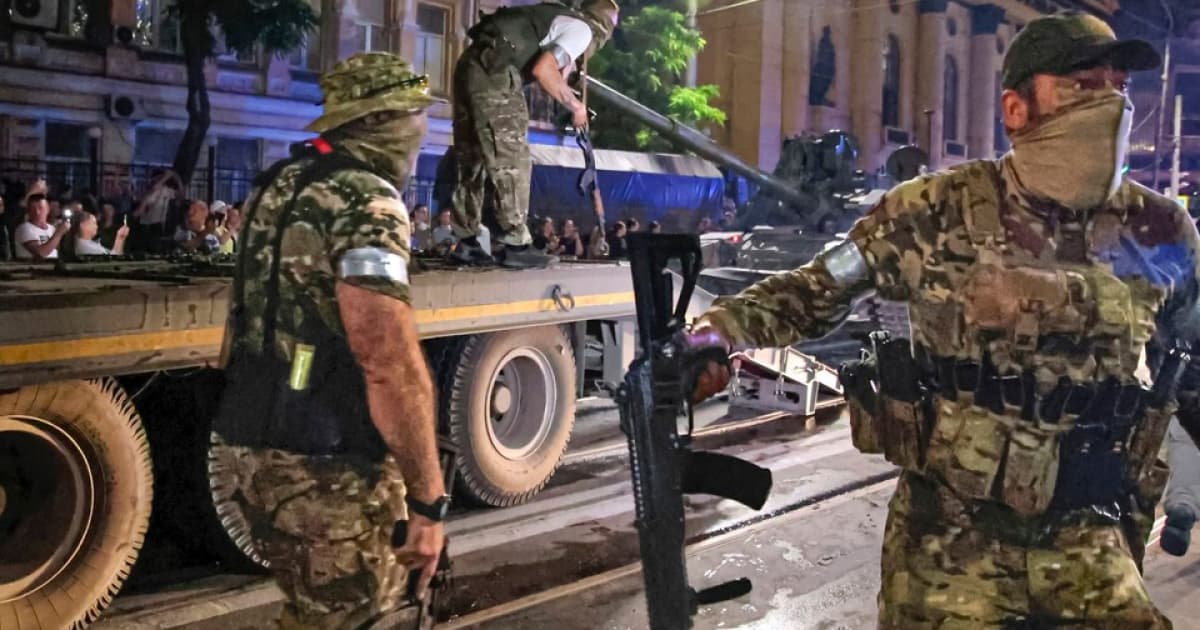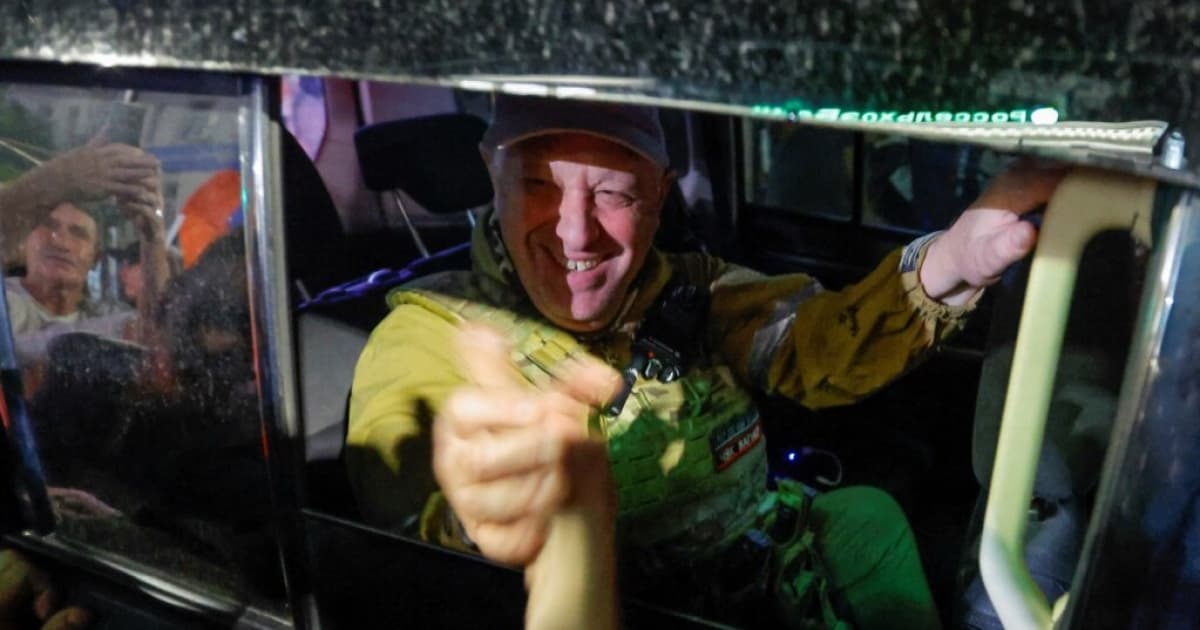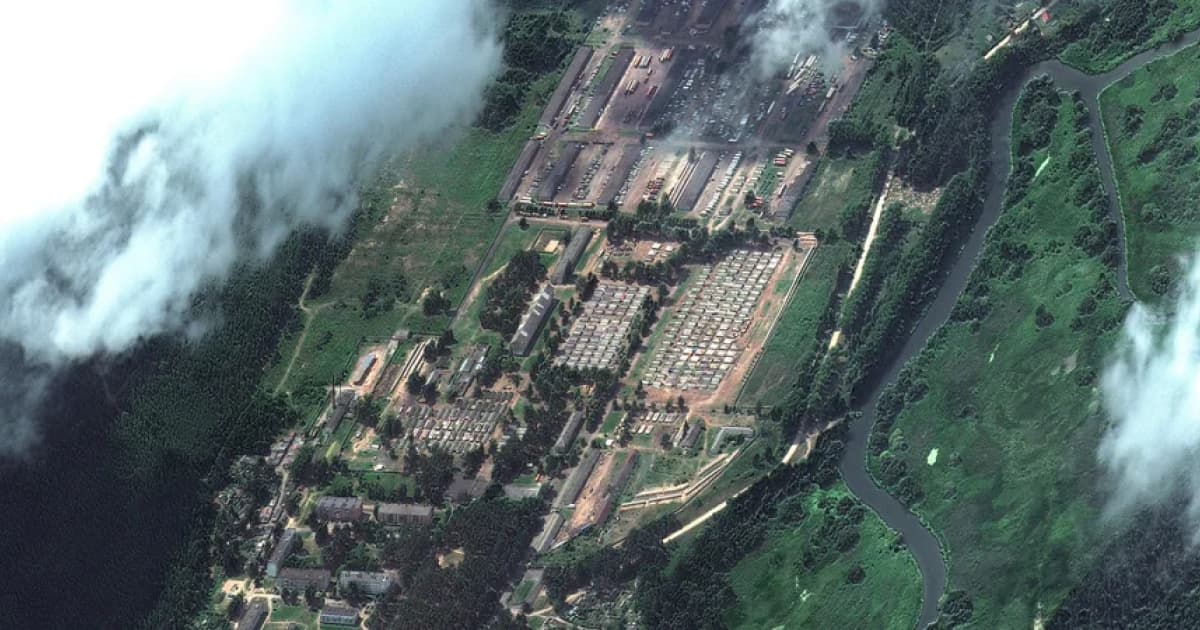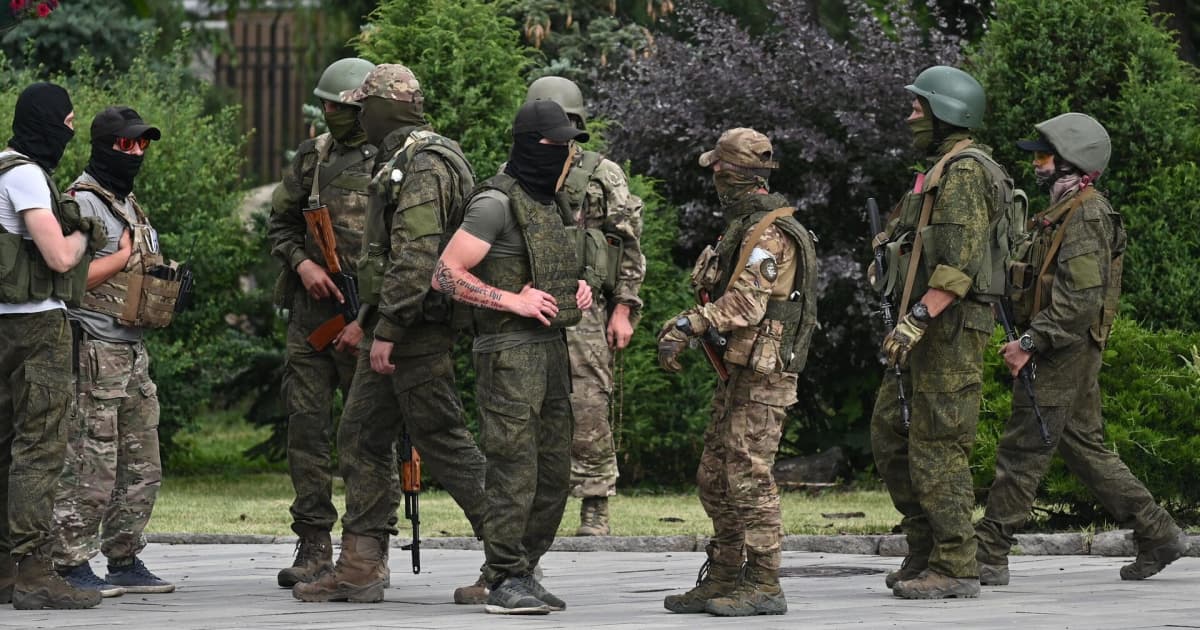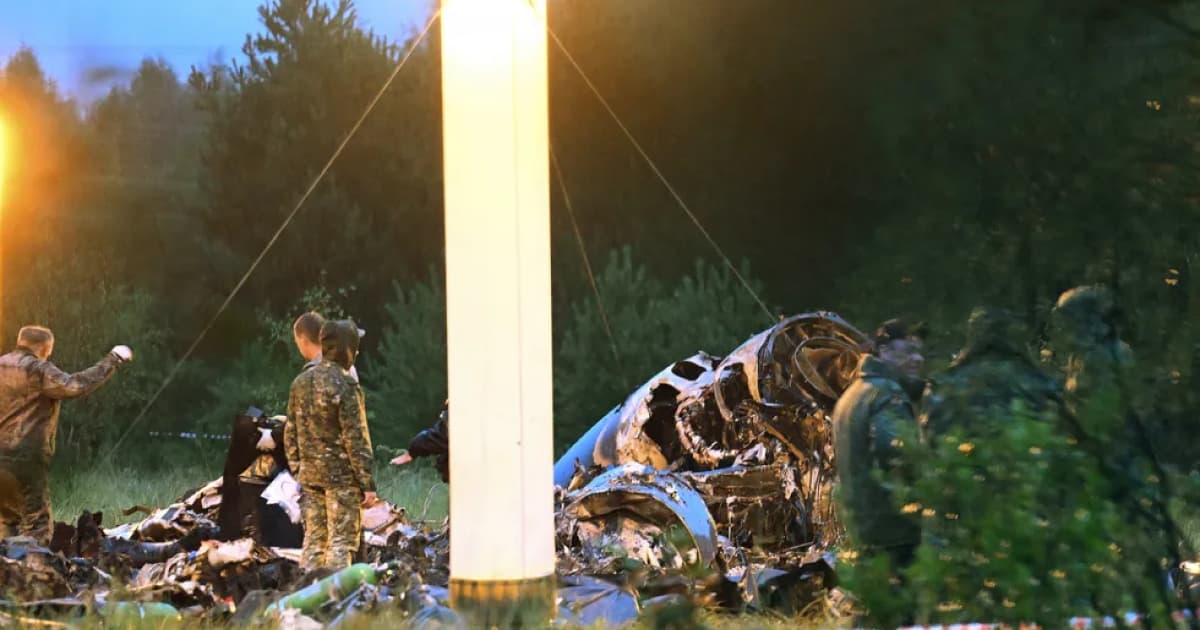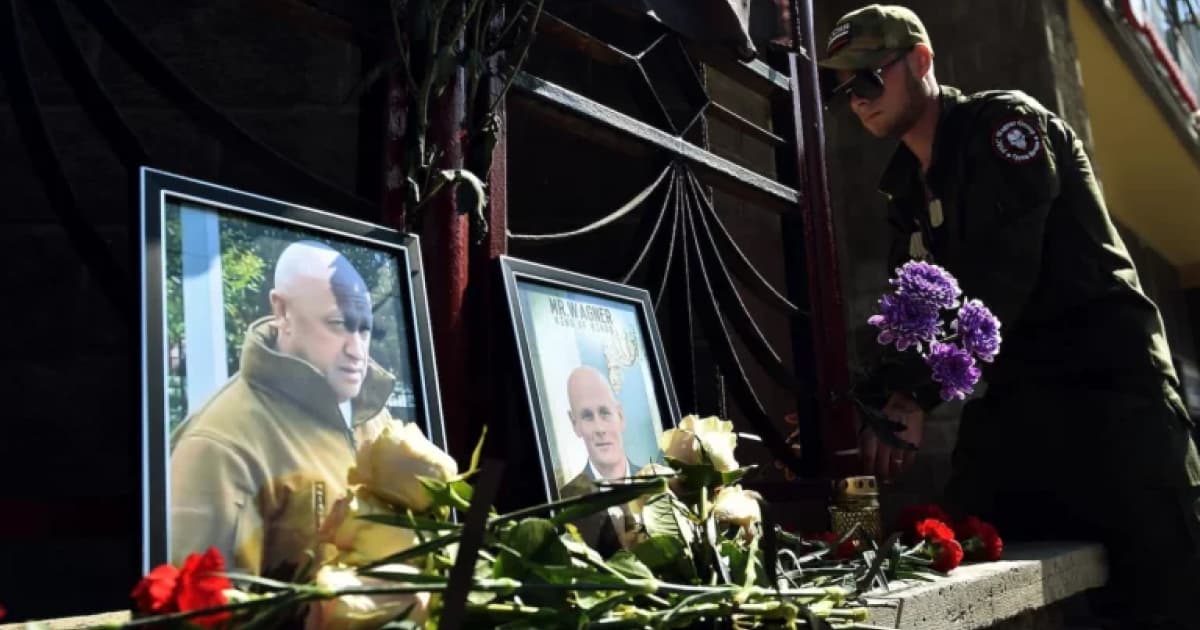"Wagner becomes a unit of the Rosgvardia. What happened to the PMC after Prigozhin's death?
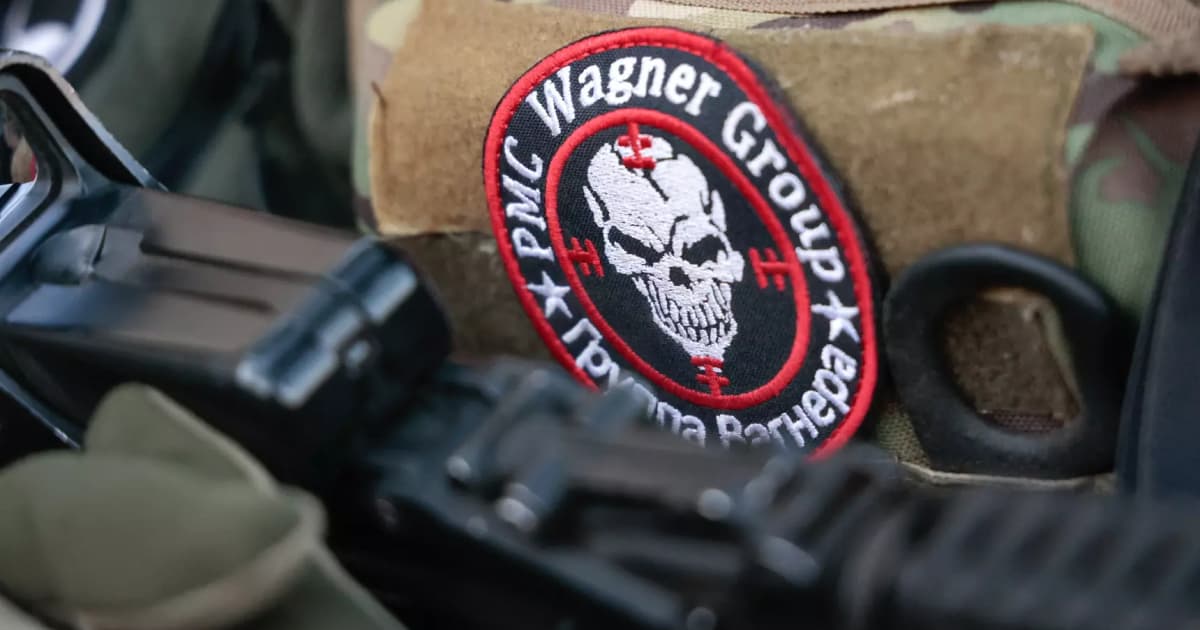
What happened?
The Wagner PMC announced on its Telegram channel that it had become a unit of the Russian National Guard (Rosgvardia).
"All employees have been offered to sign an individual contract, otherwise, they will continue to work under the terms of the current one. The entire structure of the Wagner Group, the working procedure, and commanders remain the same," the statement says.
The report also says that the group is allegedly building a base in the territories of Ukraine temporarily occupied by Russia.
It will take up to six months to prepare the fighters for work on the "near front" and nine months on the " distant front". It is unknown what the fighters call the "near" and " distant" fronts.
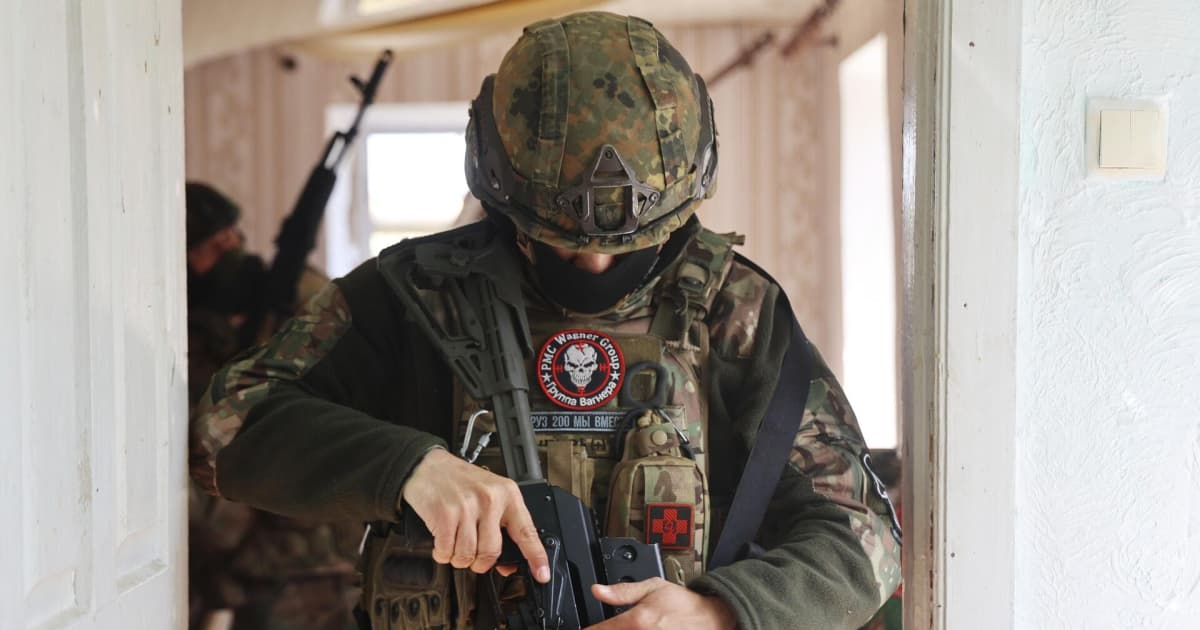
"People who have transferred from the Wagner group to the structures of the Ministry of Defence and are subject to volunteer units will not be accepted back," the PMC added.
The PMC also announced the call-up of military personnel from the reserve and the recruitment of new ones.
"The candidate must not have a travel ban, be wanted in Russia or have an outstanding conviction," the statement says.
What preceded it?
The Wagner Group is a private military company founded by Dmitry Utkin and Yevgeny Prigozhin.
Since 2014, the PMC has been carrying out missions in Ukraine, Syria and Africa. Wagner is subject to EU sanctions in the UK, USA, Canada, Switzerland, Australia, Japan, Ukraine and New Zealand.
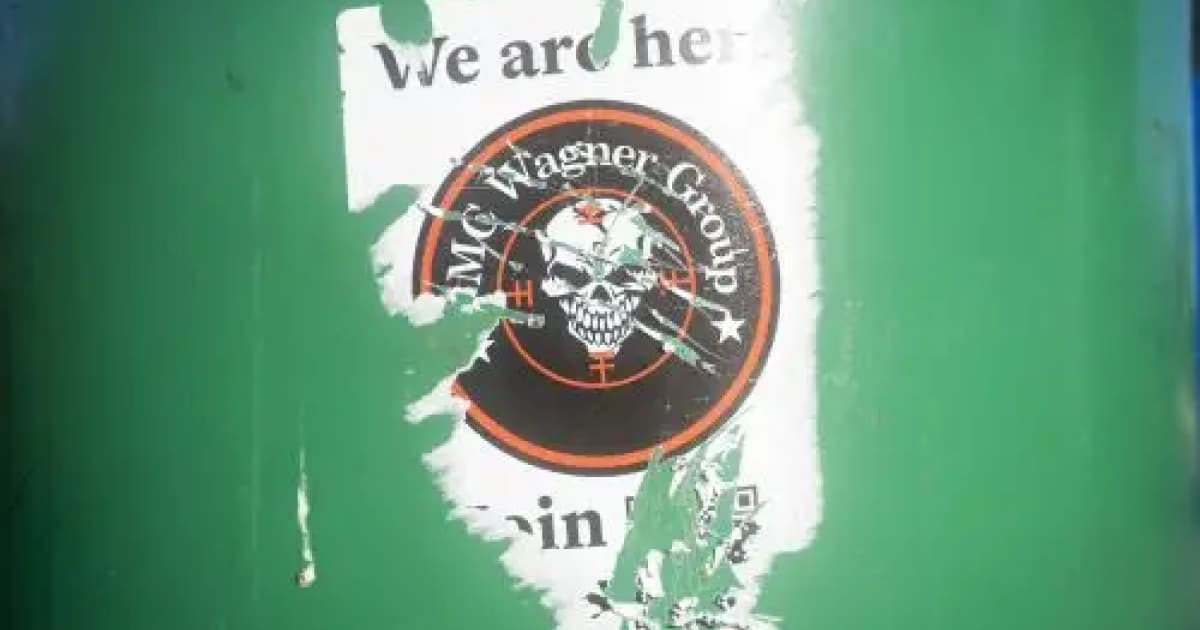
Prigozhin started a mutiny on the night of June 24, 2023. Together with PMC militants, he entered the territory of the Russian Federation from the temporarily occupied territory of Ukraine.
The next day, the mercenaries seized the headquarters of the Southern Military District in Rostov-on-Don.
The mutiny lasted for a day. On September 24, the unrecognised president of Belarus, Aliaksandr Lukashenka, said that he had reached an agreement with Prigozhin and that he had deployed his groups to field camps.
Later, there were reports of the deployment of camps for Wagner's representatives in Belarus.
On June 30, Roskomnadzor blocked access to Prigozhin's propaganda resources in Russia.
In July, convoys of vehicles with Wagner mercenaries arrived in Belarus one by one. In particular, they conducted training for the Belarusian military.
On August 22, Prigozhin recorded a video message allegedly from Africa. And on August 23, a plane with Utkin and Prigozhin on board crashed in the Tver region of Russia.
The latest post on the Press Service of Prigozhin channel, where the owner of Wagner posted voice messages and videos, is dated August 29.
"The farewell to Yevgen Viktorovich was held in a closed format. Those wishing to say goodbye can visit the Porokhovskoe cemetery," the statement says.
Russia refused to investigate the crash according to international rules.
On October 5, Vladimir Putin said at a meeting of the Valdai Discussion Club that fragments of grenades were found in the bodies. There was no external "influence" on the plane.
He noted that the investigation was ongoing. He added that no tests for alcohol or drugs in the blood of the victims had been carried out.
What happened to the Wagner PMC after Prigozhin's death?
There were no official reports on who had headed Wagner. However, some media outlets, citing their own sources, reported that one of the Wagner members, Anton Yelizarov, had become the PMC commander.
In particular, the American Institute for the Study of War reported that it was Elizarov, codenamed Lotos, who negotiated with the Russian Guard. He was against individual contracts, which would allow the Russian government to split up PMCs and send mercenaries to different areas.
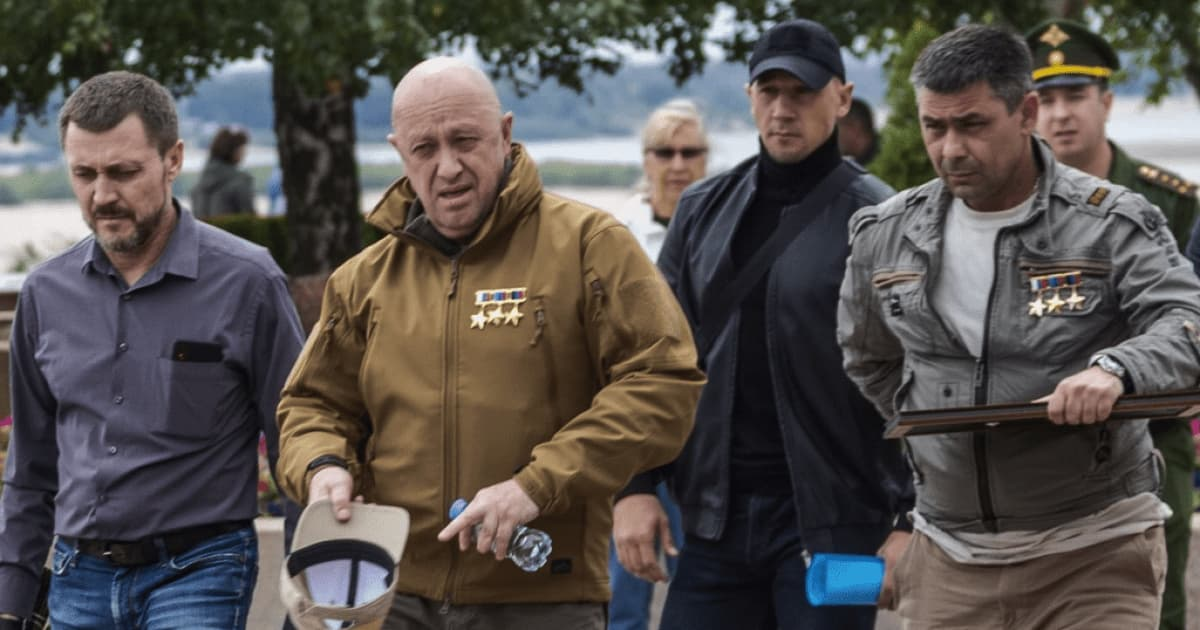
In September, there were reports of Wagner's personnel being rotated. Most of the militants who were in Belarus were withdrawn, and the field camps were dismantled.
Later, Russia began to transfer former members of the Wagner PMC to the east of Ukraine again. This was stated by the spokesperson for the Eastern Military Group, Illia Yevlash. Later, British intelligence reported that the Wagner men were returning to combat in Ukraine.
Vladimir Putin instructed the former chief of staff of the Wagner PMC, Andrey Troshev, to form "volunteer units" for the war against Ukraine.
"First of all, of course, in the 'SVO' zone. You yourself had been fighting in such a unit for more than a year," the Russian president told Troshev.
According to the Russian media, Andrey Troshev did not support Prigozhin's mutiny. That is why Putin offered Wagner to serve under Troshev.
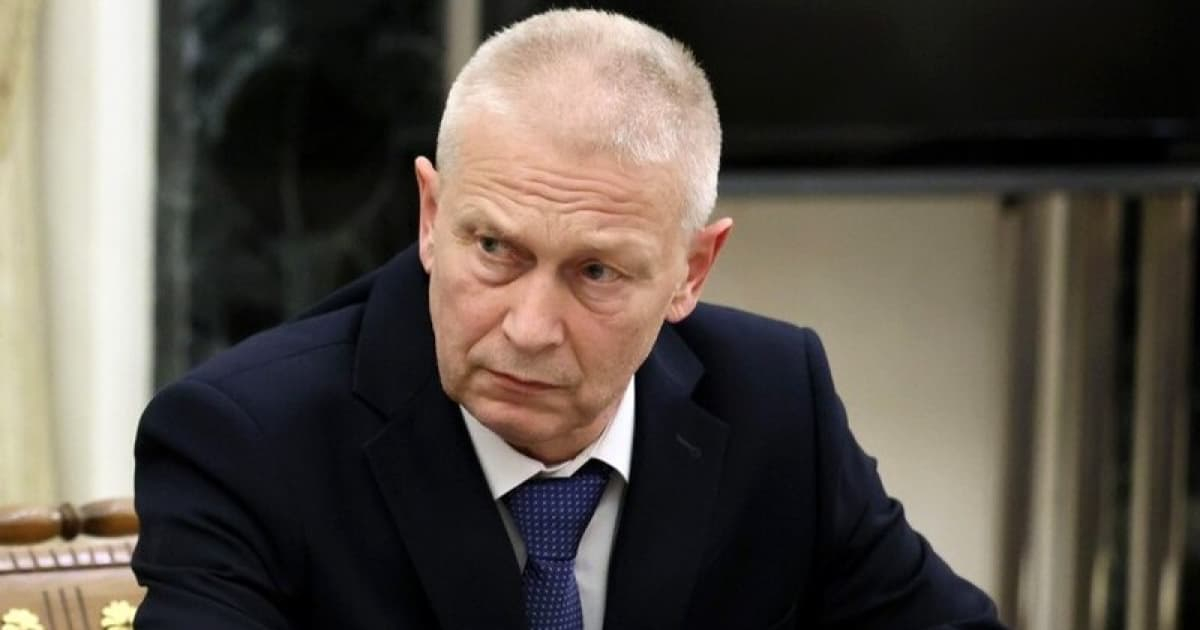
In early October, the Russian Telegram channel VCHK-OGPU reported that the personnel department of the Wagner PMC had allegedly started working in the Moscow region and announced recruitment for Belarus and Libya.
However, the armed group itself denied the recruitment.
On October 28, Apti Alaudinov, the commander of the Chechen special forces Akhmat, said that former commanders and fighters of the Wagner PMC had joined the special forces "en masse".
On October 31, the day of the announcement that Wagner was joining the Rosgvardia, one of the planes associated with Prigozhin arrived in Gomel, Belarus, for the first time since Prigozhin's death.
"This flight was the last time in Belarus on August 3, and 5 hours and 20 minutes later, it flew to St. Petersburg," said the monitoring group Belaruski Hajun.
Wagner in Africa after Prigozhin's death
In early October, Wagner sent a thousand mercenaries to support the junta in Mali, where it planned to seize UN bases.
Fidèle Gouandjika, a senior adviser to the president of the Central African Republic, told CNN that not much has changed in relations between the Central African Republic and Russia since Prigozhin's death.
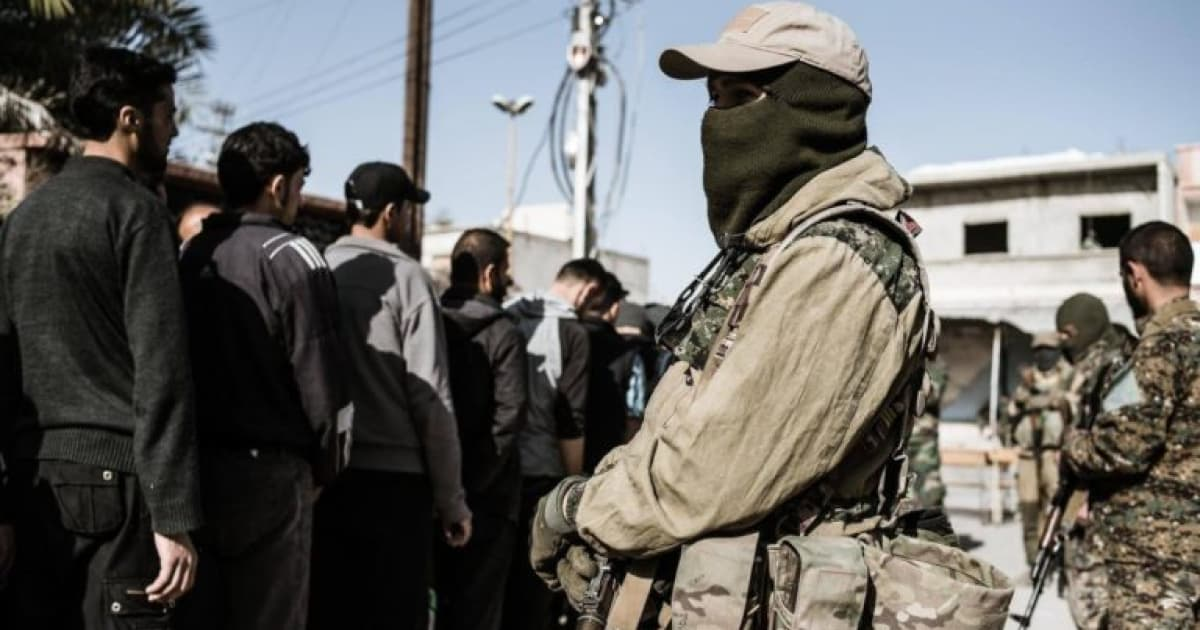
"The Russians have given us peace... Yevgeny Prigozhin pushed out the rebels in a short time, in one year," said Gouandjika.
Faustin-Archange Touadéra became president of the CAR in 2016. Due to the unstable domestic political situation, he asked Russia for help in fighting the rebels who were constantly attacking the country's capital.
Russian PMC mercenaries have been operating in the CAR since 2017.
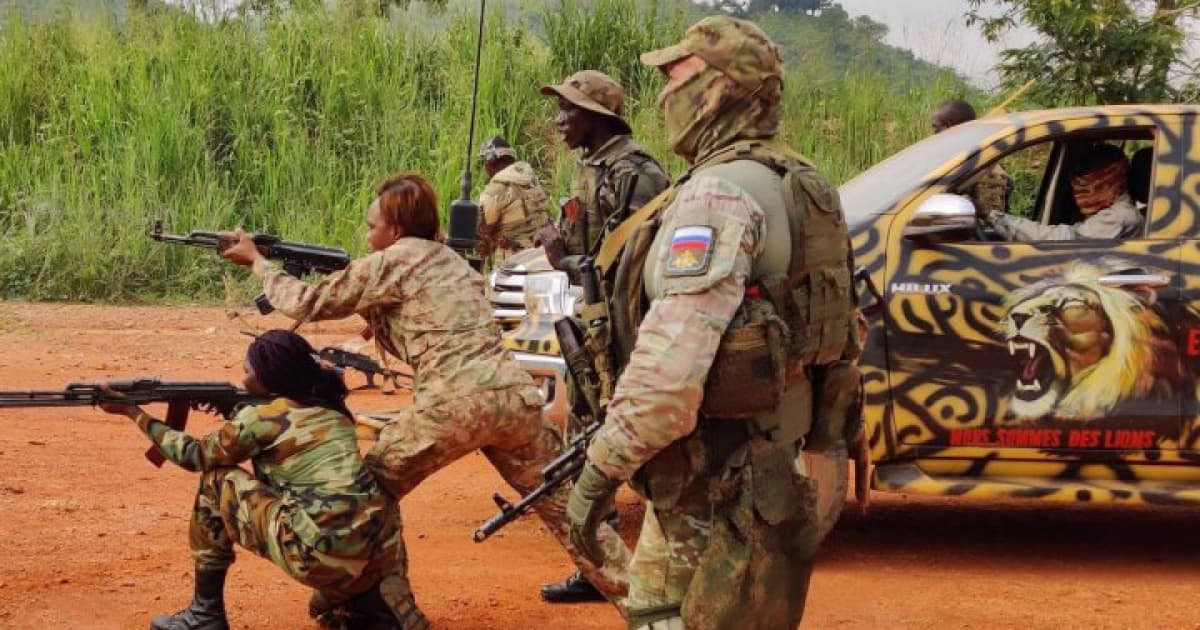
Gouandjika also said that Putin had spoken to President Touadéra and assured him: "Everything will be like yesterday. Tomorrow and the day after tomorrow will be better."
Earlier, the United States Secretary of Defence, Lloyd Austin, said that the PMC remained in Africa despite the death of its leader.
"Wagner forces will likely be able to sustain its presence in Africa in the near term but will struggle to do so in the mid- to long term without support from the Russian government," Austin said.

